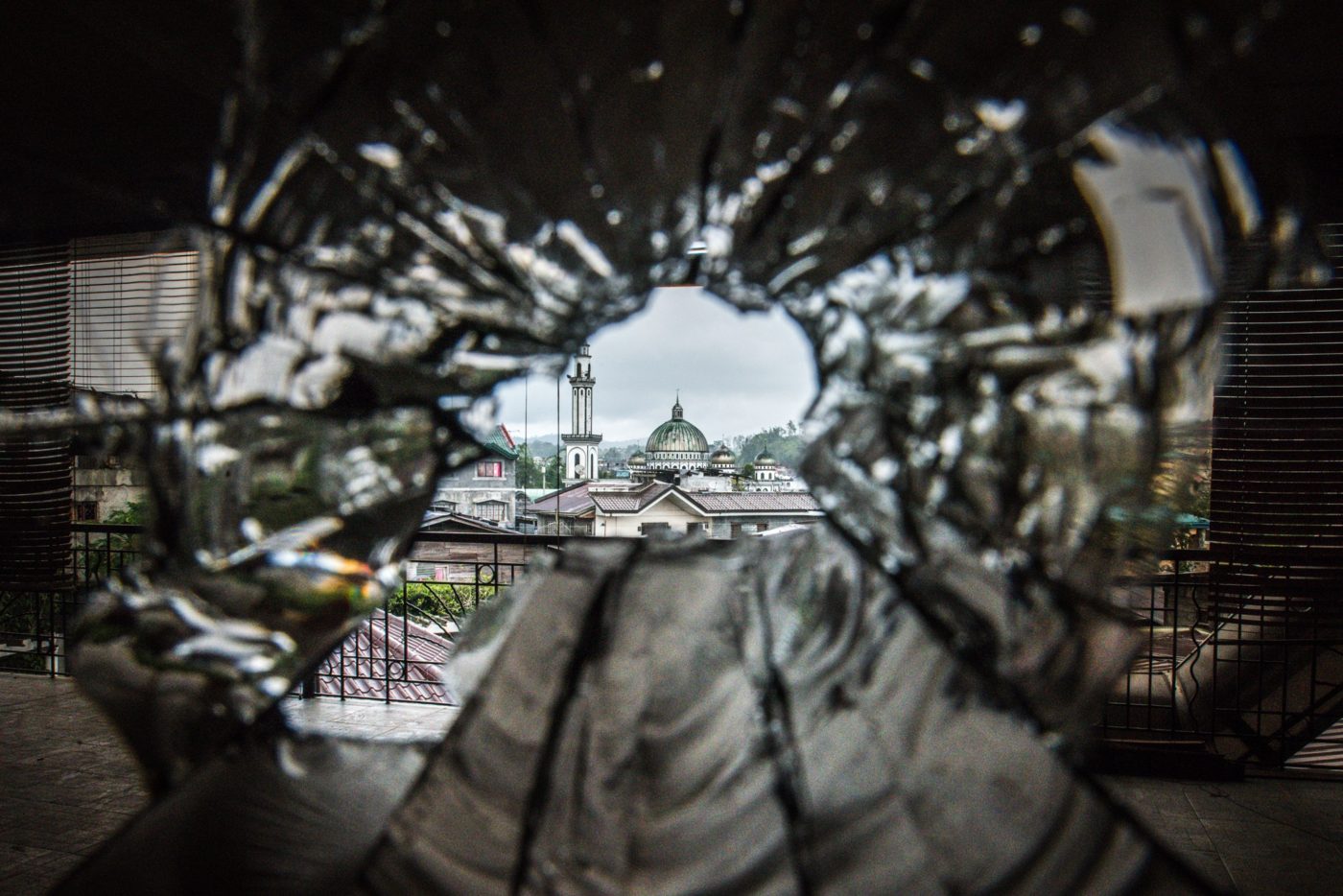COMPLICATIONS HAVE arisen between the government and the people of Marawi in the rehabilitation negotiations regarding land settlements. Citizens of Marawi were forced to evacuate the city in order to escape the violence of the terrorist attack the year before. Though the rehabilitation plan is set to reconstruct the city, residents are fearful that their land will be taken away from them in the process.
The combination of unofficial landowners and rising prices have put limits on government efforts to rehabilitate the city. The construction of household units and public facilities have been halted by the confusing land ownership in Marawi. Many residents do not have official titles that certify their ownership of their property. Dowry, lack of documents, claims, and counter-claims are a few of the many factors that further complicate the situation. This uncertainty makes it difficult for the government to acquire land for rehabilitation projects. Furthermore, land prices have soared as owners recognized the opportunity for profit and increased the price of their lots by as much as ten times the normal rate. However, the inflation of prices did not hinder the demand for property in Marawi, as rehabilitation efforts are set to turn the city into an economic center in Mindanao.
Land disputes have been historical triggers of conflict in Mindanao, and were one of the main factors for conflict re-emerging in the area. The possibility of the unequal distribution of land between the private sector, the government, and the citizens of Marawi runs the risk of deepening the Maranao people’s distrust of the government. Steven Rood, former country representative of Asia-Foundation, cited his research to GMA which concluded that mistrust of the government, especially among the youth, creates an avenue of recruitment for terrorist groups. The government’s efforts are not just focused on building household units and public facilities, as they are also set on establishing a military garrison. The construction of a military garrison is opposed by many in the community and is viewed as counter-productive by a number of Mindanao State University (MSU) professors, because it might become a target for other extremist groups.
As the rehabilitation of the city continues, Maranao citizens are being left behind in the process. The leaders of communities and local governments feel that they have not been adequately consulted regarding the rehabilitation plan of the city. Citizens are frustrated that their ancestral right to use their land is being taken from them because they do not have the necessary documents to support their claims. MSU professor and Maranao researcher Moctar Matuan told ABS-CBN that land provides Maranaos both shelter and a sense of belonging, and that being stripped of their land feels as though their citizenship is being taken from them as well.
As the government works on acquiring land for the rehabilitation, many citizens are at risk of being left homeless. This leaves many residents, whose livelihoods include farming, without jobs as well. Advocates have recommended that the government create an arbitration committee to resolve these land disputes.
Currently, the government continues to work towards rehabilitating the city, while frustrated citizens await the bright future they were promised from tents and evacuation centers.




